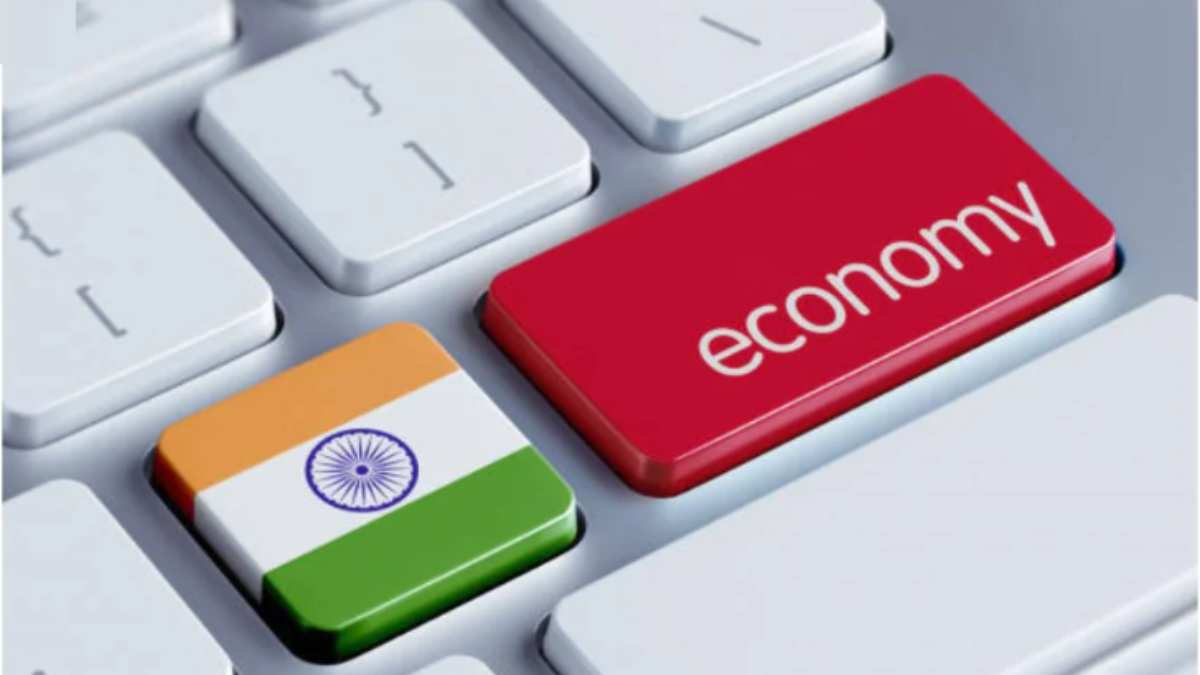


In spite of the fact that service and consumer economy has been a major contributor to India’s GDP, it’s not good enough to meet the rising aspirations of the high-tech digital generation; nor does the service economy enable India to face the complex challenges of national defence, diplomacy, and international trade. Service economy does not create muscle power.
Tourism, call centres, delivery services, public education, and healthcare, etc, are very important, in fact indispensable, for the general welfare and prosperity of the people; but the Aatmanirbhar Bharat needs a strong and diverse technology and manufacturing base that can raise companies like Huawei, Samsung, and Taiwan Semiconductors Manufacturing Company (TSMC), for example.
Japan, South Korea, Taiwan, and later China grew their economic strength out of manufacturing, and the push to meet global standards made them exporting juggernauts. China’s share of global manufacturing is 28.7% compared to India’s 3.1%, according to Statista (2019). By and large, it’s manufacturing that enabled China to lift 850 million people out of extreme poverty since Deng Xiaoping opened up the country to the outside world. The Belt and Road Initiative rose out of its “Made in China” manufacturing might.
Without a vast, diversified and sophisticated manufacturing & industrial base, India would be always looking for the next generation of French Rafale jets or Russian S-400 missile system. And keep enviously looking at China’s Mars rover Zhurong and fearing its next move in the Himalayas.
India’s has the potential to, and must, become a globally competitive manufacturing and exporting colossal; and in the process, apart from absorbing surplus farm labour due to increasing agricultural mechanisation, it would create high paying jobs by utilising the brainpower of 1.5 million engineering graduates it turns out annually from its more than six thousand engineering and technology institutions. Hardly 20 percent get jobs for which they have been trained.
Manufacturing challenges scientists, engineers, and technocrats to keep developing new technologies and products through R&D for which there’s no end state. There’s always a new product to be developed to meet the competition. A culture of innovation and zero-defect perfection begins to develop in society.
Last year, a McKinsey Global Institute report, India’s Turning Point, posited that by 2030 India would need to generate at least 90 million new nonfarm jobs. Therefore, in order to “capture frontier opportunities, India needs to triple its number of large firms,” which numbering about 600 “account for almost 40 percent of total exports, and employ 20 percent of the direct formal workforce.”
Large companies (over $500 million revenue) are more innovative and productive than small or midsize firms. India needs to shed its socialistic-era fear of private sector big corporations, which must be allowed to become the engines of growth and high-paying employment. That said, in comparison with their corporate peers in major Asian economies, “India’s large firms have also not achieved their productivity or profitability potential,” according to the report.
India’s private sector needs more global exposure. Excessive protectionism diminishes competitive spirit and the need for innovation. Creative destruction is sine qua non for a free marketplace economy.
An atmosphere of intense marketplace competition, challenge and response, and struggle to scale up or perish must be created so that only the most efficient and best performing firms survive. The government’s recent decision to privatise more than 300 Public Sector Undertakings is a step in the right direction because it would open up huge spaces for the private sector to expand, compete, and innovate as well as create tremendous investment opportunities for Indian and global players.
To accomplish these goals India needs a new political-economic paradigm under which the Central government, the states, and the business sector need to be partners for economic growth. In the wake of the Covid-19 pandemic, the public-private sector cooperation has become absolutely essential as it is happening in the United States where the Biden government has stepped up to support critical industries from vaccines to advance manufacturing, space, and semiconductor chips. China, of course, has always supported its strategic companies, financially and diplomatically, to help them expand globally of which Huawei is a supreme example.
Being a democratic country, India cannot cherry-pick any particular company for the fear of crony capitalism; but it must select critical export-oriented manufacturing sectors for its “Make in India” programme and support them financially and diplomatically. Today exports need diplomatic support.
It is important to keep in mind that an exporting nation is diplomatically a stronger nation. International trade and commerce create diplomatic leverages, apart from spreading the nation’s culture. To have a global market share, a company has to be constantly innovative and price competitive, which in turn also helps the consumer at home. The United States, the European Union, and now China use their trading powers to advance their diplomatic goals.
Not least, to defend the Indian Ocean and the Himalayas, and to play a prominent role in the Indo-Pacific and have a seat on the global table, India has no alternative but to achieve sophisticated high-level economic growth through its manufacturing and technological muscle. Hardball diplomacy needs hard power.
Narain Batra, the author of ‘The First Freedoms and America’s Culture of Innovation’, and the forthcoming ‘India In A New Key: Jawaharlal Nehru to Narendra Modi’, is a professor of communications and diplomacy, Norwich University, Vermont. The views expressed are personal.